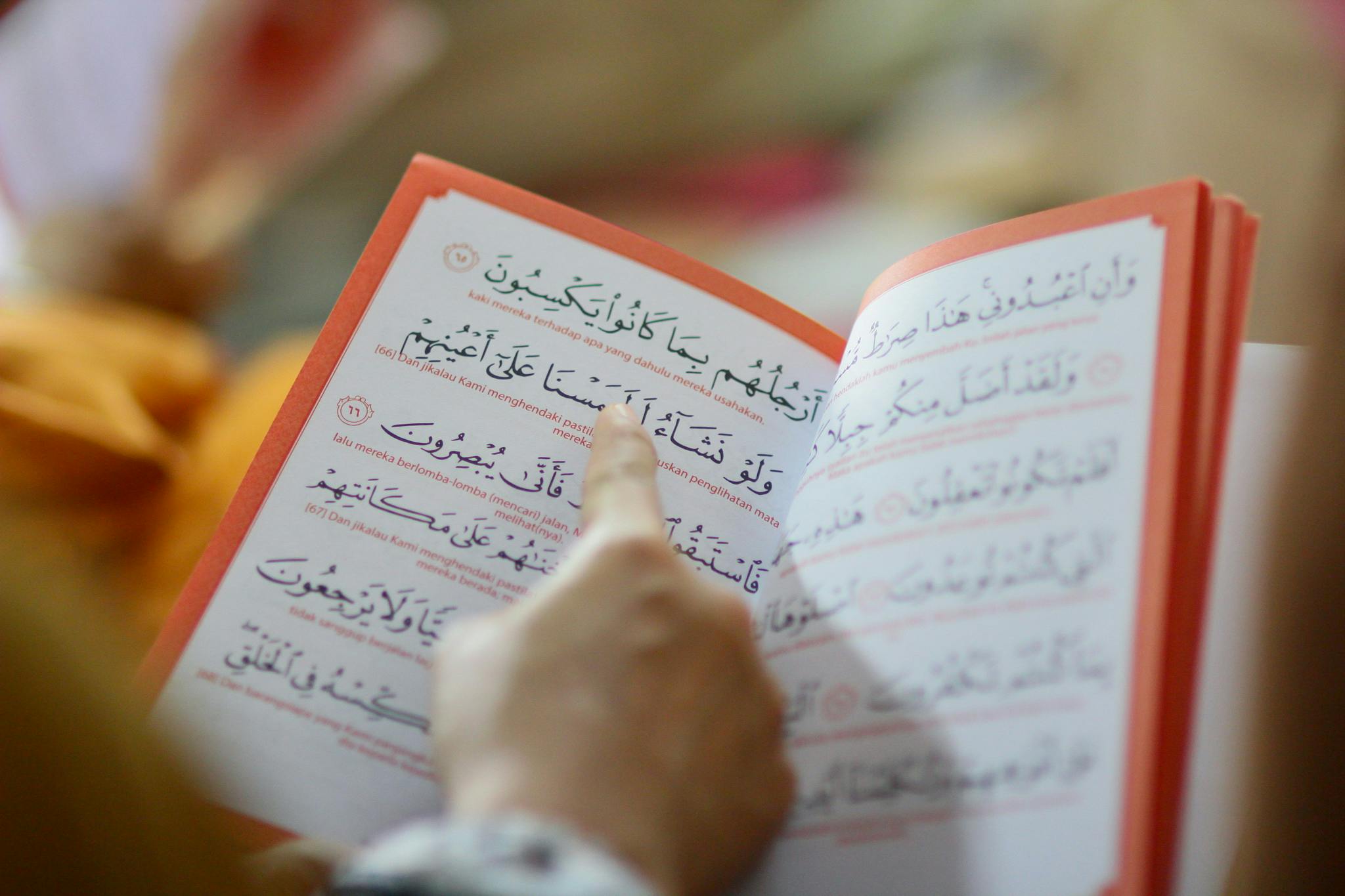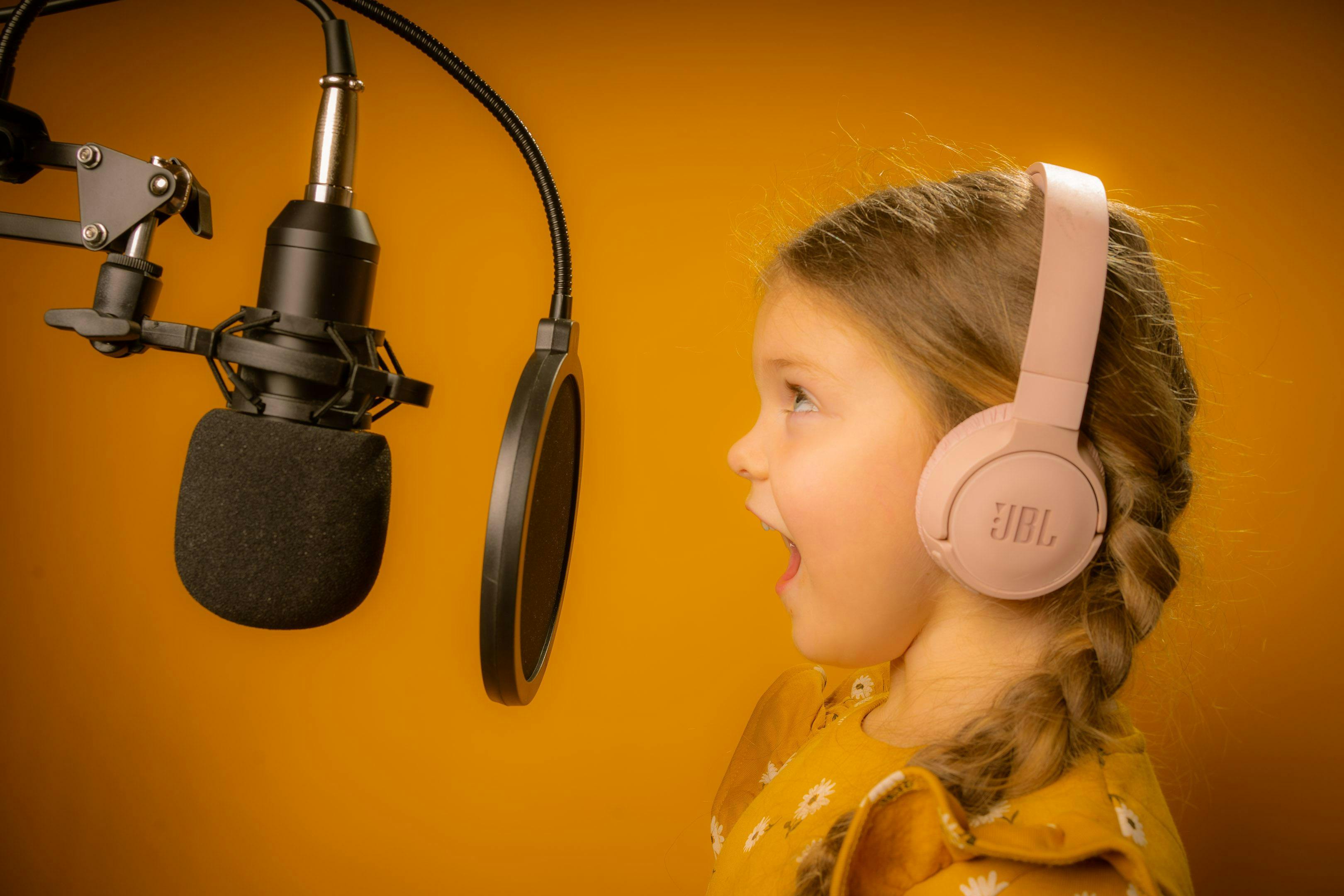In a cramped recording studio, a voice actor stands before a microphone, script in one hand. There are only scattered lines of dialogue in the script. He expresses excitement, rage, or profound sorrow from those sparse words on the script without specific scene. This work dubbed by him is a currently trending modern romance short drama.
While audiences marvel at the on-screen characters and the exquisite dubbing, few consider that the voices giving these characters soul might be created under extreme working conditions.
This article steps into the behind-the-scenes world of voice actors. In the wave of short drama industry, we explore how they breathe soul into hot short dramas despite compressed schedules, low pay, the helpless of "blind dubbing ," and the threat of AI dubbing—and how this ultimately affects every short drama viewers see.
One Day, One Drama: Extremely Compressed Dubbing Time
The fast-paced, short-episode nature of short dramas influences incredibly tight production cycles. Dubbing, often the final step, gets squeezed to the extreme.
A seasoned voice actor from a well-known studio once dubbed an entire 80-episode short drama within 24 hours. Such intense work took a toll, with a hoarse voice and a ever-present thermos as evidence to the strain. She expressed that such short time leave no room for nuanced character study, forcing rely on programmed, formulaic performances.
Subtle variations in breath and lip synchronization become unattainable luxuries. A producer admitted: "We understand quality matters, but platforms and the market demand speed above all. So, dubbing time is what gets sacrificed."
A Payment System Disconnected from Effort
According to voice actors, despite completing many episodes quickly, the low per-episode rate means that income remains modest. Compared to the massive traffic and revenue these short dramas generate, the meager pay feels starkly disproportionate. This unfair distribution is driving young talent away, creating a talent gap. High effort with low return easily dampens motivation, fostering a "just a job" mentality rather than a creative one.
The Artistic Dilemma of 'Blind Dubbing'
Voice actors often receive only disjointed lines of text—no full script, no video context, and no understanding of the plot's logic. A newly entered voice actor shared an experience: tasked with delivering the line "Why are you doing this to me?" with extreme sadness, the script provided no context. Was the character betrayed? Was it a misunderstanding?
This lack of information led to an exaggerated or misplaced performance. Only upon seeing the final edit did him realize his misinterpretation. "Blind dubbing" severely impacts final quality. Emotional disconnection prevents a coherent character arc; mismatched tones against the actor's performance or scene atmosphere can easily break the audience's experience.
Fortunately, experienced voice actors can sometimes mentally reconstruct scenes based on years of experience. This makes one reflect: providing a complete script should be a fundamental respect owed by production teams.
The Rise of AI Dubbing and Survival Anxiety
Recent years, AI technology rises rapidly across industries, and dubbing is no exception. Boasting high efficiency, low cost, and tireless operation, AI is already widely used in areas with lower quality requirements.
While praising the technology's power, voice actors fear its lack of warmth and genuine human emotion. AI's impact on quality and its squeeze on the lower-end market might push low-budget projects entirely towards AI, robbing newcomers of entry-level opportunities. So, where does human value lie? In the authentic emotion, the understanding of complex humanity, and the ability to improvise that AI cannot replicate.
AI is a powerful tool, capable of handling bulk, repetitive tasks, potentially freeing humans for more creative work. However, the current reality often is that producers focus solely on AI's cost-cutting potential.
So, Who is Stealing the Soul of the Work?
These four major challenges create a vicious cycle. Compressed schedules and low pay drive away talented individuals, which, combined with "blind dubbing," degrades final quality. And it's precisely these areas of low quality that are most susceptible to AI replacement.
The root cause lies in the short drama industry's impatience, its rush to release content, treating dubbing as a cost to be minimized rather than an integral part of the artistic process.
True hot short dramas rely on meticulous craftsmanship at every stage. Only by valuing dubbing, investing time and budget, can superior quality be achieved. In the end, it is human emotion and creativity that remain AI's irreplaceable advantage.











